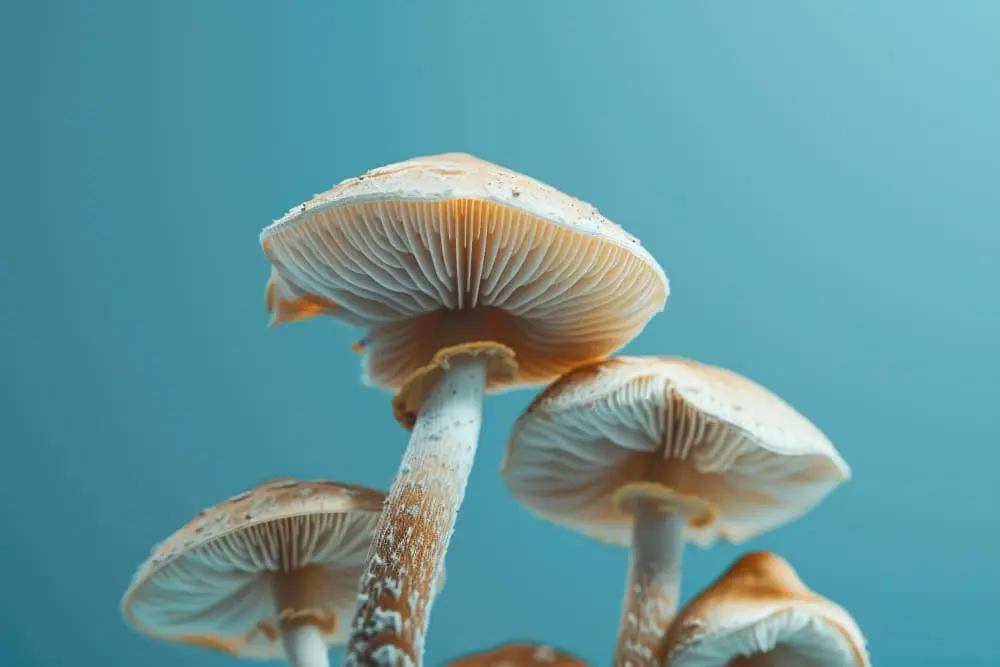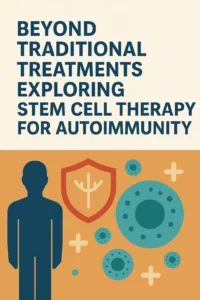Psilocybin, the psychoactive compound found in magic mushrooms, is at the forefront of psilocybin therapy research. Once relegated to the fringes of society, this substance is now being explored as a potential treatment for a range of mental health conditions. While research is still in its early stages, the findings thus far are intriguing.
Psilocybin Research: The Science Behind Psilocybin
To understand the potential therapeutic applications of psilocybin, it’s essential to grasp its mechanism of action. Psilocybin interacts with serotonin receptors in the brain, a neurotransmitter implicated in mood, sleep, appetite, and other crucial functions. By influencing these receptors, psilocybin can induce profound changes in consciousness, perception, and emotion.
One of the proposed mechanisms of action is the concept of ego dissolution. This refers to the breakdown of the sense of self, which can lead to a heightened sense of interconnectedness and a broader perspective. Some researchers believe that this experience can help individuals to overcome rigid thought patterns and negative self-schemas associated with mental health conditions.
1. Psilocybin Therapy: A Novel Approach
Psilocybin-assisted therapy involves the guided use of psilocybin under the supervision of trained professionals. This approach differs significantly from traditional psychotherapy or medication. It aims to facilitate profound experiences that can lead to lasting changes in perspective and behavior.
2. Depression: A New Dawn
Depression is a debilitating mental health condition affecting millions worldwide. Traditional antidepressants often provide limited relief, and many individuals struggle with treatment-resistant depression. Psilocybin-assisted therapy has emerged as a promising alternative.
Studies have shown that a single, high-dose psilocybin session, combined with psychotherapy, can produce rapid and sustained reductions in depressive symptoms. This is particularly encouraging for patients with treatment-resistant depression, who have not responded to conventional therapies.
Possible mechanisms for psilocybin’s antidepressant effects include:
- Increased neuroplasticity: Psilocybin may promote the growth of new brain cells and connections, which can be beneficial for conditions characterized by rigid thought patterns.
- Ego dissolution: The experience of ego dissolution, often reported during psilocybin sessions, may allow individuals to gain new perspectives on their lives and challenges.
- Reduced rumination: Psilocybin may help to disrupt ruminative thought patterns, which are common in depression.
3. PTSD: A Path to Healing
Post-traumatic stress disorder (PTSD) is a complex mental health condition that can have a devastating impact on individuals’ lives. Traditional treatments often focus on symptom management, but psilocybin-assisted therapy offers a different approach.
By accessing and reprocessing traumatic memories in a safe and supportive environment, individuals may be able to reduce the intensity of their symptoms. Psilocybin can facilitate a sense of detachment from traumatic memories, allowing individuals to gain a new perspective and integrate the experience into their lives.
4. Anxiety Disorders: A New Perspective
Anxiety disorders, including generalized anxiety disorder, social anxiety disorder, and specific phobias, can significantly impair quality of life. Psilocybin-assisted therapy has shown promise in addressing these conditions.
By reducing fear and avoidance behaviors, psilocybin may help individuals to challenge their anxiety-related beliefs and develop new coping strategies. The experience of ego dissolution can also provide a sense of perspective and reduce the intensity of anxiety symptoms.
Challenges and Considerations
While the potential benefits of psilocybin are exciting, it’s essential to approach this area with caution and a focus on patient safety. Several challenges and considerations must be addressed:
- Psychedelic experiences: Psilocybin can induce intense, sometimes overwhelming, experiences. Careful preparation and integration support are crucial to ensure a positive outcome.
- Psychological distress: Some individuals may experience anxiety, paranoia, or panic during a psilocybin session. Pre-screening and careful monitoring are essential to minimize risks.
- Legal status: Psilocybin remains illegal in many jurisdictions, which limits research and access to treatment.
- Lack of long-term data: While early studies are promising, long-term outcomes of psilocybin-assisted therapy are still being investigated.
The Road Ahead
The field of psilocybin research is rapidly evolving. While the potential benefits are exciting, it’s crucial to maintain a balanced perspective and prioritize evidence-based approaches. Rigorous scientific investigation is needed to fully understand the mechanisms of action, identify optimal treatment protocols, and establish safety guidelines.
Ultimately, the goal is to develop effective and safe treatments for individuals suffering from mental health conditions. Psilocybin may offer a promising avenue for exploration, but it’s essential to consider it as one component of a comprehensive treatment plan.





